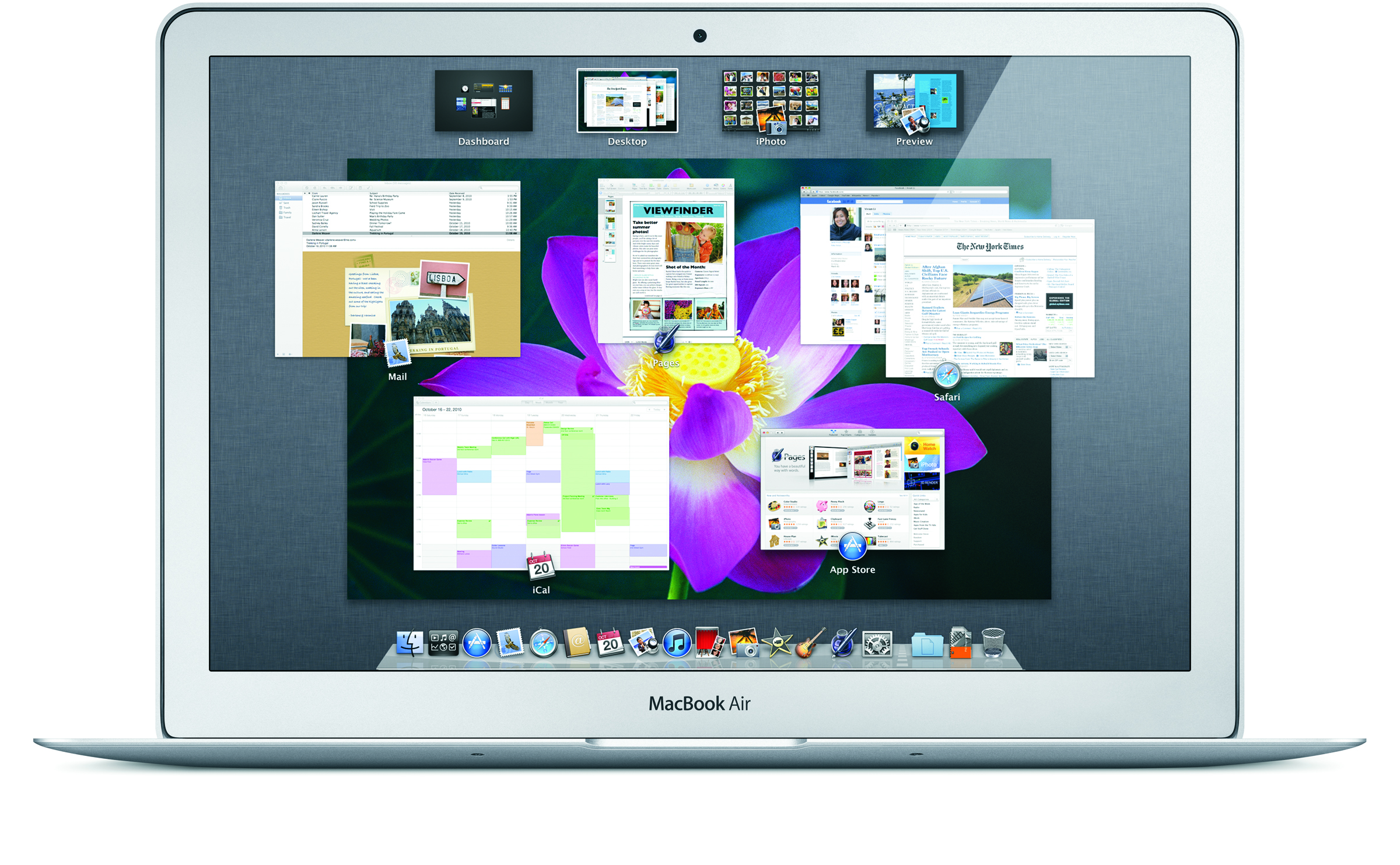Happy tenth birthday, Mac OS X
OS X is a delight to use and utterly reliable

Sign up for breaking news, reviews, opinion, top tech deals, and more.
You are now subscribed
Your newsletter sign-up was successful
Apple had a pretty good 2001. Its iMacs were selling well and the flat-panel iMac was in the lab. It unveiled a wee music thing it called the iPod. It invited ridicule by planning to open its own shops.
And it shipped the first desktop version of Mac OS X.
Cheetah, as it was codenamed, was a revelation. Where operating systems were packed with unpleasantness, almost painful to look and and apparently designed specifically to go wrong at the worst possible moment, OS X was lickably pretty, a delight to use and utterly reliable.
I'm not being funny about the lickable thing, by the way: that was one of Apple's design goals. Steve Jobs wanted an interface that, when you saw it, "you wanted to lick it." It's a sign of just how good the design was that, despite a few wrong turns into places such as The Land of Brushed Metal, OS X still looks fresh today.
The Aqua interface was gorgeous, but OS X was still a pretty big gamble. Rather than do a Microsoft and tweak its existing operating system to keep existing customers happy, Mac OS X was a clean-slate job, a whole new platform. Backwards compatibility was maintained for a while via Classic mode, but the message was clear: Apple's future was X-shaped.
Apple gambled and won. Nobody's asking whether OS X will thrive any more; the only cloud hanging over the platform is whether there are any cats left for OS X to name itself after.
Lion eyes
Sign up for breaking news, reviews, opinion, top tech deals, and more.
OS X has proved remarkably adaptable. It jumped from PowerPC chips to Intel ones with hardly a hiccup, and it provided the base for the all-conquering iOS. Meanwhile the forthcoming OS X Lion has some interesting ideas under its mane.
We already know about the "Back to the Mac" approach of iOS-style full screen apps, applications auto-saving and resuming and so on. But did you know it's ready for the end of the optical drive and of the hard disk too?
That's what Cult of Mac appears to have spotted, anyway. The new Recovery HD partition means you won't need an installation disk if OS X goes wrong on your next Mac - and with apps coming via the App Store and, eventually, iTunes and/or MobileMe becoming cloud-based, that means Macs don't need optical disks at all (although I suspect consumer models will keep the SuperDrives for some time for CD and DVD ripping).
Factor in TRIM support, which stops solid-state drives from getting too messy, and you've got an operating system that's just waiting for the disk-free future.
The way we use computers is in transition, and I think OS X Lion is in transition too: it's getting ready for a kind of computing where we don't use optical disks, where software comes as apps and where we flick where we used to click. We're used to it on smartphones, and on tablets; eventually we'll be used to it on computers too.
It'd be fitting if the same firm who popularised point and click was also the firm to bury it.
Happy birthday, OS X. I can't wait to see what you do next.

Contributor
Writer, broadcaster, musician and kitchen gadget obsessive Carrie Marshall has been writing about tech since 1998, contributing sage advice and odd opinions to all kinds of magazines and websites as well as writing more than twenty books. Her latest, a love letter to music titled Small Town Joy, is on sale now. She is the singer in spectacularly obscure Glaswegian rock band Unquiet Mind.